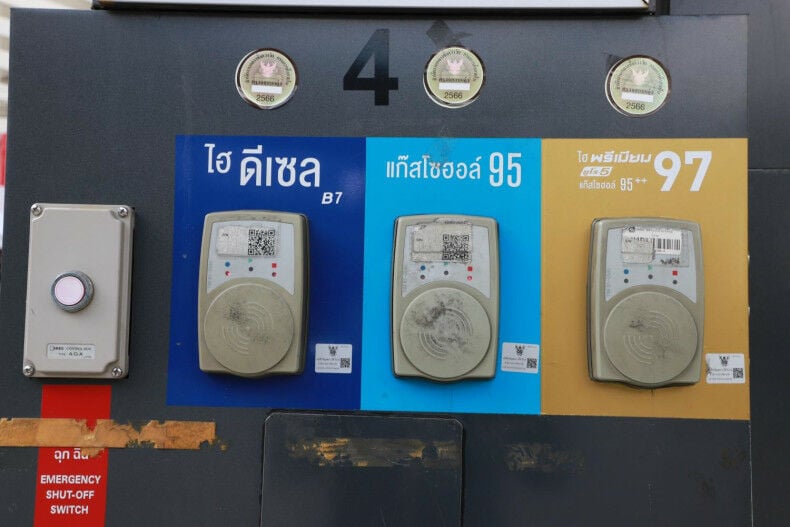Thai government greenlights energy subsidies and price caps

Subsidies on electricity bills for vulnerable groups and caps on cooking gas and diesel prices have received the green light from the Thai government. The move aimed to alleviate the burden of burgeoning energy costs on the population.
Deputy government spokesperson Rudklao Intawong Suwankiri disclosed that diesel prices will now be fixed at 33 baht per litre, from April 20 to July 31, with a budget allocation of 6 billion baht.
In addition to diesel, retail prices of liquefied petroleum gas (LPG) will be set at 423 baht per 15-kilogramme cylinder, from April 1 to June 30, costing the government 500 million baht. The government also outlined plans to offer a discount of 19.05 satang per unit of electricity to domestic users who consume up to 300 units per month. This initiative, effective from May to August, is estimated to cost 1.8 billion baht.
Prime Minister Srettha Thavisin has directed that funds for these measures be sourced from the state Oil Fuel Fund and, if necessary, additional funding will be allocated from the government’s central budget reserves for emergency or necessary expenditures.
Chalermphol Pensoot, the Budget Bureau director, stated that the subsidy for electricity costs for vulnerable groups will be funded by the government’s annual central budget, while the diesel and LPG measures will be supported by the Oil Fuel Fund.
The Energy Business Department reports that Thailand’s fuel consumption dropped by 2.6% year-on-year to 157 million litres per day (MLD) in the first quarter. This decline is partly attributed to the cessation of state fuel price subsidy programmes.
Despite an increase in demand for jet fuel and LPG, the consumption of gasoline, gasohol, diesel, compressed natural gas and fuel oil decreased from January to March.
Gasoline and gasohol consumption, a combination of gasoline and ethanol, fell by 0.2% to 31.7 MLD. Demand for diesel decreased sharply by 6.9% to 71.1 MLD, a significant drop from 76.4 MLD in the first quarter of the previous year. This decline was due to power companies opting for diesel for power generation as an alternative to pricey liquefied natural gas imports, reported Bangkok Post.
Domestic diesel prices are expected to continue their upward trend, following the discontinuation of the diesel price subsidy via the Oil Fuel Fund on March 31 and the expiration of the 1 baht-a-litre excise tax cut on April 19.
Latest Thailand News
Follow The Thaiger on Google News:


























